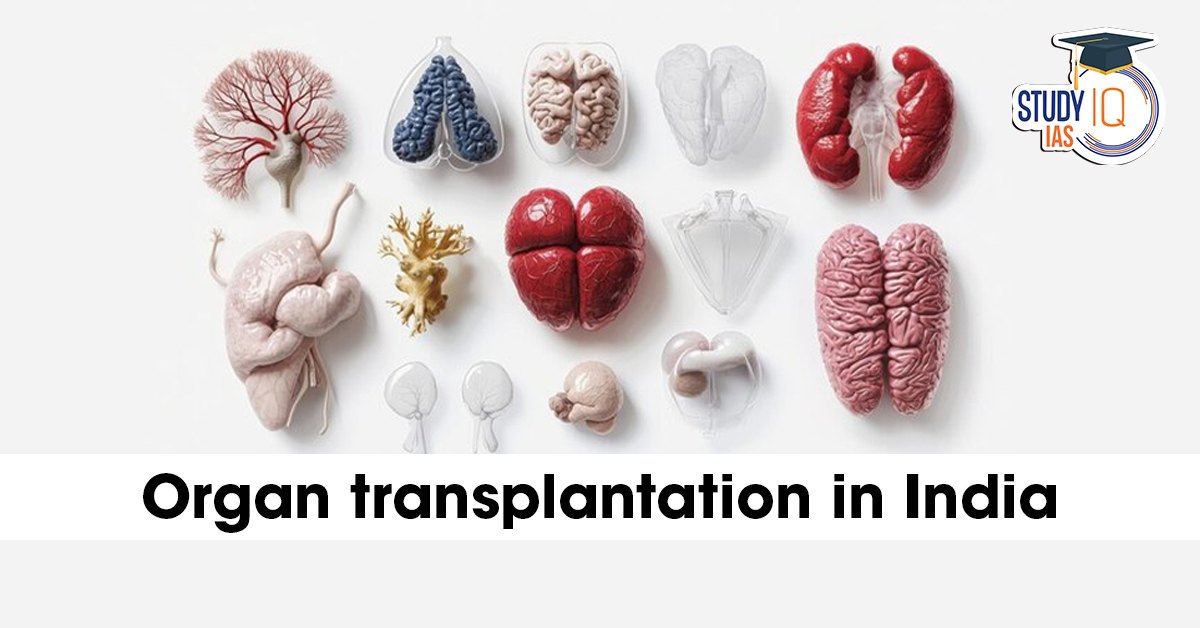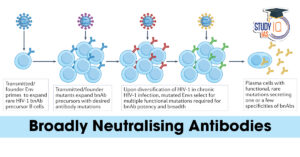Table of Contents
Context: Organ transplantation is one of modern medicine’s greatest achievements, offering a lifeline for patients with terminal organ failure.
- In India, however, despite medical advancements and rising transplant numbers, the organ donation rate remains at 8 per million population — far below global leaders like Spain and the USA (>45 pmp).
- This shortage leads to over 5 lakh preventable deaths annually, highlighting an urgent need to address socio-cultural barriers, policy gaps, and public awareness deficits.
Various Challenges Related to Organ Transplantation in India
- Low Public Awareness & Myths: Fear of body disfigurement affecting funeral rites.
- Misbelief that organ donation violates religious norms.
- Suspicion of premature brain death declaration for organ harvesting.
- Religious & Cultural Sensitivities: Despite endorsements from faith leaders, myths persist.
- Lack of consistent outreach to counter misconceptions.
- Brain Death Concerns: Misunderstanding of medical & legal safeguards under the Transplantation of Human Organs and Tissues Act, 1994.
- Brain death is certified only after strict legal, ethical, and multi-doctor procedures.
- Age & Health Misconceptions: False belief that only young accident victims can donate.
- Reality: Older donors, natural death cases, and donations of tissues (skin, bone, cornea, heart valves) are possible.
- Insufficient Engagement of Medical Professionals: Lack of training to counsel grieving families effectively.
Suggested Solutions for Organ Transplantation
- Awareness & Education: Nationwide audio-visual and social media campaigns.
- Real-life donor and recipient stories to humanise the cause.
- School & college curriculum integration — focus on ethics & life sciences.
- Community-Level Outreach: Workshops by trained counsellors to address myths on religious rites, medical protocols, and donor eligibility.
- Capacity Building in Healthcare: Regular training for healthcare staff on communication & counselling.
- Dedicated transplant coordination teams in hospitals.
- Policy Reforms:
- Presumed Consent Model: Adopted in Spain, Croatia — every adult is considered a donor unless they opt out.
- Grievance redress mechanisms to build public trust.
- Sustained Commitment: National-level mission with continuous funding, monitoring, and grassroots engagement.


 Advanced Air Defence Radars: Types, Comp...
Advanced Air Defence Radars: Types, Comp...
 Ion Chromatography, Working and Applicat...
Ion Chromatography, Working and Applicat...
 Broadly Neutralising Antibodies (bNAbs):...
Broadly Neutralising Antibodies (bNAbs):...

























